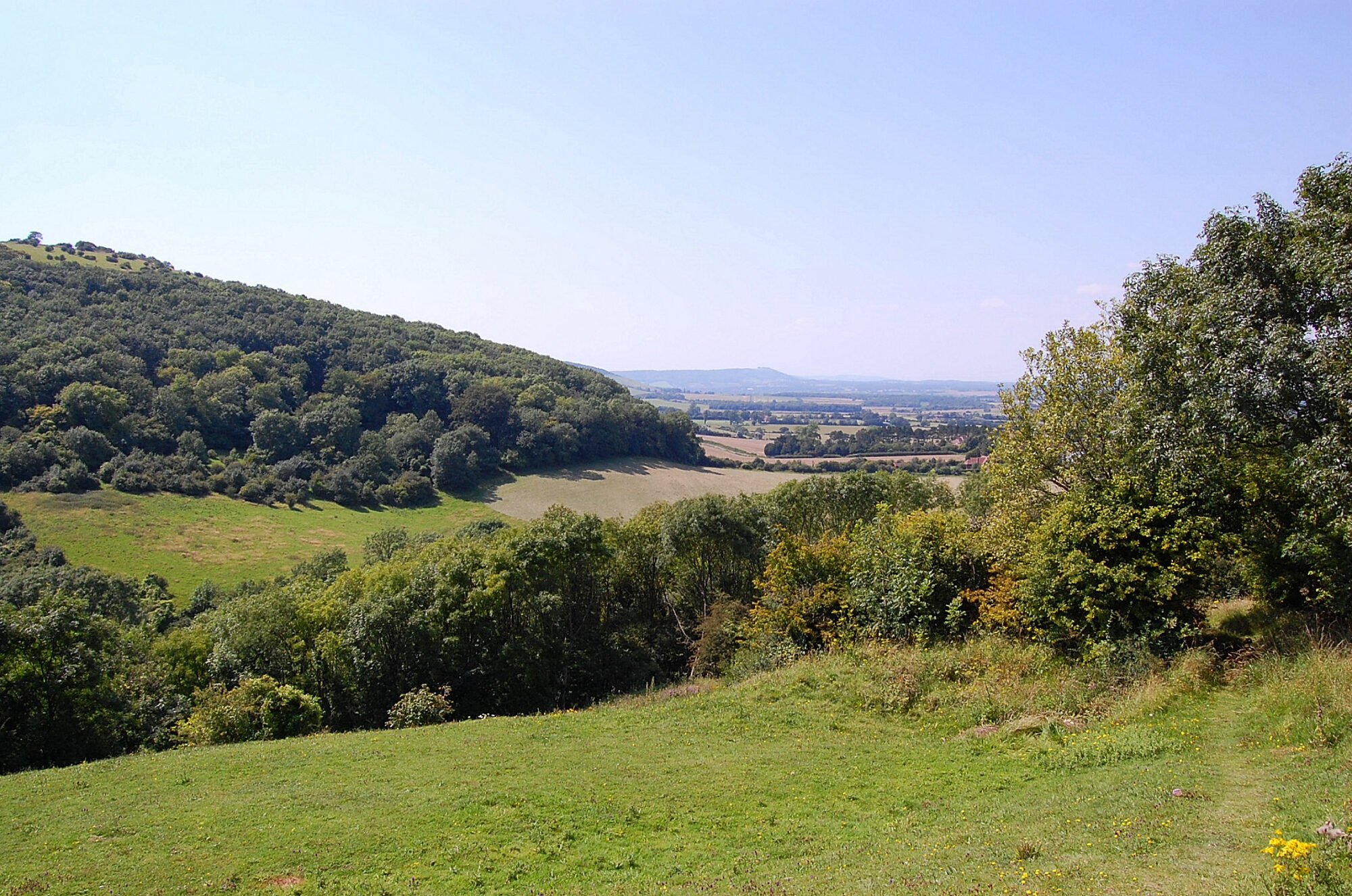And so it begins… healthcare in rural areas
The NHS Sustainable Transformation Plans (STPs) have been quietly out for consultation for some time now, but today the Chief Executive of the Kings Fund has raised his head above the parapet. On the Radio 4 Today programme he said two significant things: 1. Plans to move to bigger hospital centres for many procedures need to be implemented on quality and safety grounds and 2. improved community services must first receive investment. Right and right – but let us think about the rural dimension.
When something is seriously wrong, people would prefer the best treatment than the most convenient treatment. We all want the finest specialist with the most experience to be looking after us. For these specialists to exist at all, there must be bigger teams where training can occur at an increasingly specialised level. Bigger centres covering larger populations mean longer travelling times for rural people and longer ambulance times in emergencies. Rural response times are already too long in many places. Squaring the circle needs substantial change, not just tinkering and it is an NHS service fit for dispersed rural populations that could lead the way. The distance effect in rural areas can force the right change that would then also work for urban areas.
We must invest not just in home based, community services but in a new generation of community level ‘cottage hospitals’. These can represent a practical, local, coming together of NHS Community Services, some elements of social care and GP focused primary care. Facilities of this kind in our rural areas can meet the needs of communities for all bar the most specialised secondary services and genuine emergency responses. They will be less expensive to run and could provide more local places for recuperation following major procedures at regional centres. The only way to find the capital and revenue investment that is needed to create these local facilities will be by re-allocating resources from the District General Hospitals to which we have an unhealthily emotional attachment. In other words, biting the bullet and closing many of them.
The drive for change may come from an unexpected place. The GP led Clinical Commissioning Groups (CCGs) – central to the current incarnation of the NHS at local level – have a strange geography. Most of them are based on the catchment area of a major General Hospital or perhaps two. They tend to think of the population they serve as much in terms of ‘their’ hospital’s ‘travel to care’ area as they do about the whole population that they have been set up to serve. But there are a few exceptions. A small number of CCGs do not have a General Hospital in their area, they tend to think more about how to get the best for their whole population irrespective of how this is derived. They tend to like Community Services, Minor Injury Units, Cottage Hospitals and so on because they know that this works. They tend to be rural. They may be able to see the future better than the rest of the NHS.
Jeremy Leggett – CEO

